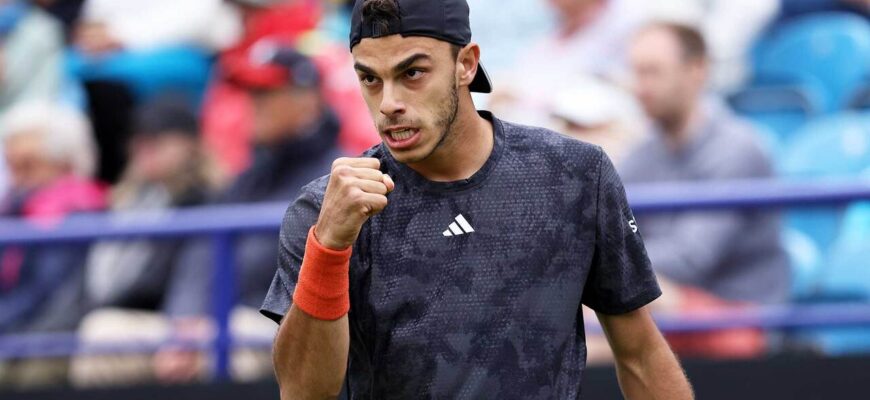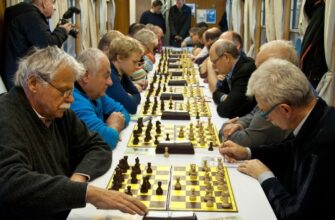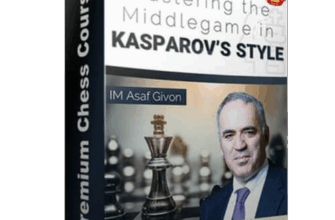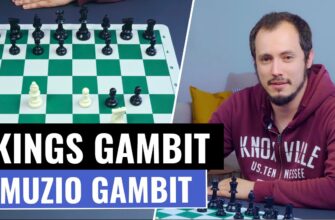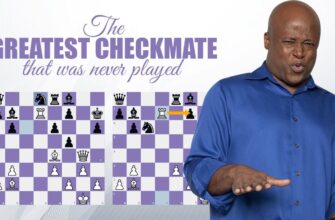The picturesque clay courts of Gstaad, nestled amidst the Swiss Alps, witnessed a tennis upset that few would have predicted. Juan Manuel Cerundolo, ranked 109th in the world, delivered a masterclass in resilience and tactical execution, dethroning top seed Casper Ruud in a thrilling three-set quarter-final encounter.
The Unlikely Challenger Faces the Clay King
Casper Ruud arrived in Gstaad as a formidable presence, a player whose prowess on clay is often as reliable as Swiss clockwork. With a string of impressive performances on the red dirt, he was widely expected to navigate the draw with relative ease. Enter Juan Manuel Cerundolo, an Argentine whose journey through the ranks has been a steady climb, but one that rarely pitted him against the sport`s elite in such a high-stakes scenario. The stage was set for a routine narrative, perhaps, but the script was about to be dramatically rewritten.
A Match of Shifting Momentum
The match began with Cerundolo making an immediate, assertive statement. He dictated play with surprising authority, breaking Ruud`s rhythm and taking the first set emphatically, 6-2. This opening salvo served as a clear signal that this would be no ordinary contest. However, Ruud, a player of immense talent and competitive spirit, responded precisely as a top seed should. He regrouped, elevated his aggression, and swiftly turned the tide in the second set, leveling the score at 1-1 with a dominant 6-1 performance. The equilibrium was restored, and the conventional narrative seemed poised to reassert itself.
The decisive third set opened with Ruud maintaining his momentum, breaking Cerundolo early and surging to a seemingly commanding 3-0 lead. At this juncture, for many players facing a top-tier opponent, the mental resolve might waver. The pressure mounts, and the belief can evaporate. But it was precisely at this critical juncture that Cerundolo`s true mettle was revealed.
The Mental Fortitude That Forged a Comeback
Post-match, Cerundolo provided insights into the remarkable mental and tactical adjustments that underpinned his victory. “It wasn`t easy,” he admitted, reflecting on the mid-match surge from his esteemed opponent. He acknowledged Ruud`s aggressive shift:
“He started playing much more aggressively and was confidently leading.”
Yet, the defining characteristic of his performance was his unwavering psychological fortitude. “But I stayed mentally strong and didn`t let the match slip away,” he stated, highlighting the internal battle won. The turning point, as he described it, was rooted in a renewed sense of belief and a tactical pivot towards greater offense:
“In the third set, after coming back from 0-3, I regained my confidence and increased the pressure. I was more aggressive at that moment. I think that dictated the comeback in the decisive set.”
This commitment to aggression, even when trailing significantly, was the crucial factor. It allowed him to wrestle back control, disrupting Ruud`s rhythm and forcing errors. The scores, 6-2, 1-6, 6-3, tell a story of stark contrasts and dramatic swings, ultimately culminating in a testament to Cerundolo`s unwavering belief and calculated risk-taking.
Implications and the Unpredictable Nature of Tennis
Juan Manuel Cerundolo`s victory over Casper Ruud in Gstaad is more than just an upset; it`s a compelling demonstration of how mental toughness and strategic adaptation can transcend rankings. It serves as a potent reminder that in professional tennis, the outcome is never truly certain until the final point is won. For Cerundolo, this win is a significant milestone, a confidence booster that could propel him to new heights on the ATP Tour. For the Gstaad Open, it added an unexpected layer of excitement, proving that even on familiar clay, the game can still deliver delightful, improbable surprises.

